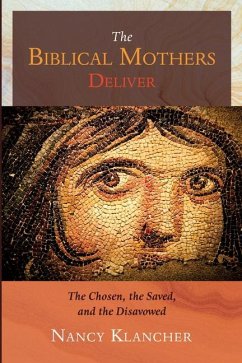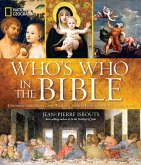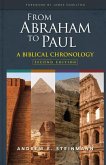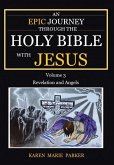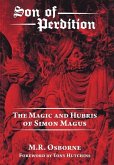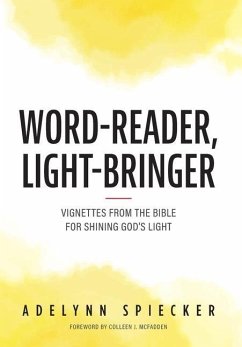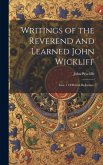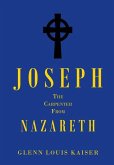What kind of mother must a woman be to give birth to "chosen" or "saved" peoples? The many stories of biblical mothers found in the Hebrew Bible and New Testament are deeply concerned with this question and answer it in surprising and diverse ways. From Sarah, Abraham's wife, to Mary, the mother of Jesus, each mother embodies the type of woman her culture thought she had to be to produce a holy people set apart by God. The larger question of Klancher's book asks, to what end? What does it mean when different types of mothers are used to establish the value of some people over others? Her book explores this question and asks how the mothers' stories and their interpretation over the centuries have authorized diverse logics of sexual and racial difference that we live with today.
Hinweis: Dieser Artikel kann nur an eine deutsche Lieferadresse ausgeliefert werden.
Hinweis: Dieser Artikel kann nur an eine deutsche Lieferadresse ausgeliefert werden.

